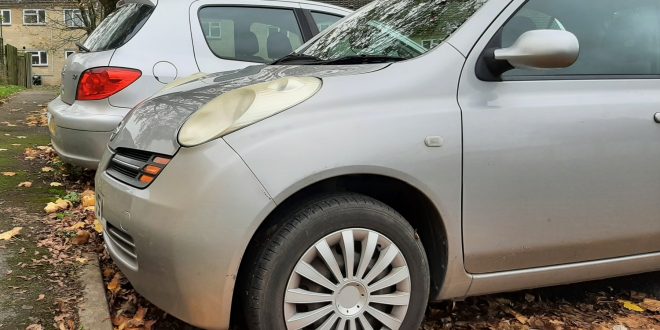Buying a used car has never been so fraught with danger, so Metro Bank has come up with some essential advice.
September sees an influx of secondhand car scams as approximately a million drivers take possession of their new 73-plate cars and trade in their current vehicles, which means more used cars than normal hit the market.
Scammers capitalise on this seasonal influx in car sales by offering the best deal, when in reality, the vehicle is unlikely to even exist. These deals are often advertised via online auction sites such as eBay and Gumtree or via social media, where images are taken from genuine sellers to convince buyers that they have the vehicle.
“Cars are generally people’s second largest asset after their homes, so it’s vital to slow down and take your time when researching and purchasing to ensure you are not being scammed,” advises Metro Bank’s Head of Fraud & Investigations, Baz Thompson.
“Scammers know that used car sales rocket when the new licence plate comes out, so be extra cautious at this time of year.”
Sometimes criminals may use cloned websites with slight changes to the URL to trick drivers into thinking they are purchasing from a genuine website. For any driver looking to lease/finance a vehicle, there is also a risk with this method. Criminals can appear to be a be a leasing or finance company to encourage you to pay a deposit, which you will never receive a vehicle for.
How to spot secondhand car scams
- Vehicles considerably cheaper than market average, prices are too good to be true – you can check the going market rate on www.webuyanycar.com or www.parkers.co.uk.
- Seller requesting funds via bank transfer.
- Website you’re getting the vehicle from has recently been launched.
- Social media posts/ads.
- Anyone contacting you out of the blue or approaching you with a ‘deal’.
- Being told the vehicle will be shipped to you, and you can return if dissatisfied.
- Being pressured in to making a quick decision.
- When leasing/financing – there are no credit/affordability checks completed.
- Offered no or extremely low deposit options.
How to protect yourself against car scammers
- Request to see the vehicle in person if possible, if not possible arrange a video call and only send a deposit if you are absolutely certain it is genuine.
- Ask for details about the car such as the vehicle identification number (VIN) and check this information matches the V5 document.
- Always get a full vehicle history check for peace of mind (although this doesn’t always ensure the vehicle is being sold genuinely).
- Check sellers/company’s independent reviews.
- Our advice is to avoid making any payments ahead of seeing the car, but if you are certain the seller / dealer is genuine only make payments via secure online payment platforms and don’t come away from platform as there may be no protection off platform.
- Offer to pay a small deposit once you have seen the car and the remaining balance on delivery.
- Ensure any emails/contact you receive relating to the purchase/lease of a car are from the genuine merchant.
- Look out for format and grammatical errors/changes in contact.
